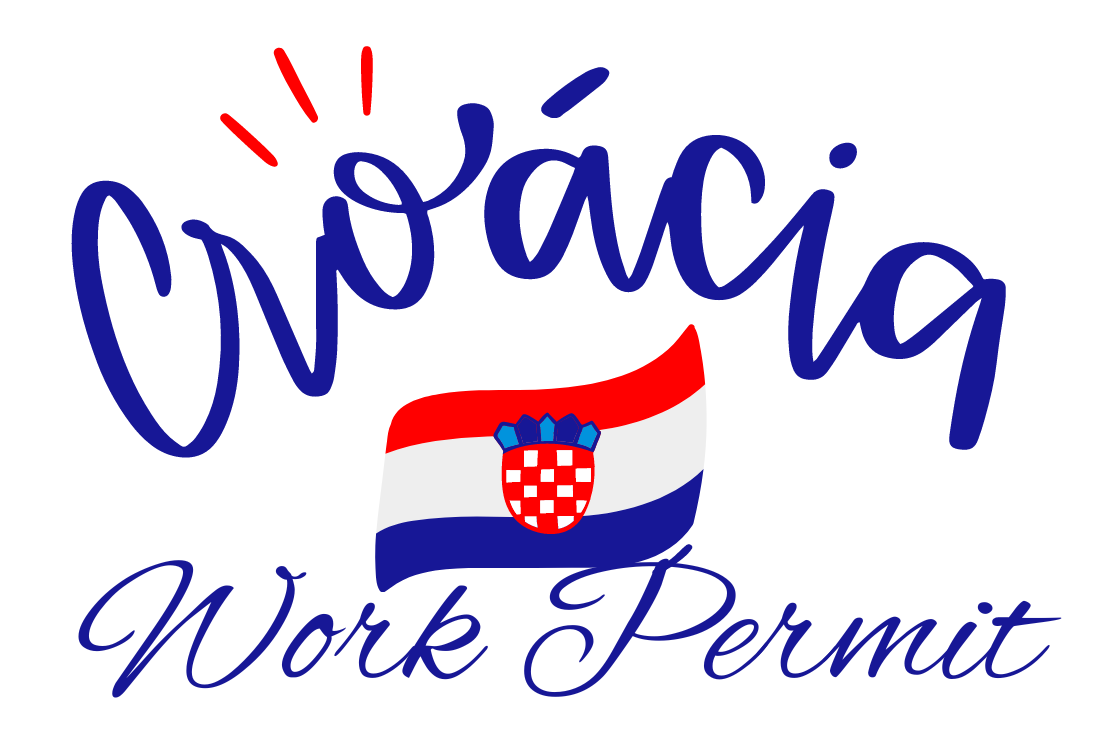Croatia Opens Job Market for Bangladeshi Workers: A Detailed Analysis of Work Permit and Visa Requirements.
Croatia, a member of the European Union, is increasingly becoming a desirable destination for international workers, particularly from countries like Bangladesh. The Croatian government has recently announced new initiatives to attract skilled and unskilled workers from Bangladesh, offering job opportunities across various sectors, such as hospitality, construction, and manufacturing. This move aims to address labor shortages and boost economic growth in Croatia, while providing Bangladeshi citizens with an opportunity to work in the EU.
Why is Croatia Seeking Bangladeshi Workers?
Croatia’s economy has seen steady growth, but certain sectors face significant labour shortages, especially in areas such as tourism, agriculture, and construction. To fill these gaps, the Croatian government is now seeking to tap into the skilled and semi-skilled workforce in Bangladesh. This move is in line with Croatia’s broader strategy to attract workers from outside the EU, particularly those from countries with growing economies like Bangladesh.
Croatia’s appeal for foreign workers is not just economic but also geographical, as it offers Bangladeshi workers the opportunity to live and work in an EU member state. With its stable political climate, growing job market, and relatively lower cost of living compared to other Western European countries, Croatia presents an attractive option for many workers looking for better job opportunities abroad.
Croatia Work Permits for Bangladeshi Workers
To work legally in Croatia, Bangladeshi citizens must obtain a work permit, which typically involves several steps. Croatia operates within the EU’s legal framework, and as such, non-EU citizens must adhere to specific visa and work permit requirements to gain employment.
Step 1: Job Offer from a Croatian Employer
The process begins with securing a job offer from a Croatian employer. Bangladeshi workers must be offered a valid employment contract before applying for a work permit. Employers in Croatia must prove that they could not find a suitable candidate from within the EU, which is a prerequisite for hiring a non-EU citizen.
Step 2: Work Permit Application
Once a job offer is secured, the next step is to apply for a work permit. The Croatian Ministry of Labour and Pension System is responsible for issuing work permits, and the application process typically requires:
- Proof of employment: A valid employment contract or job offer from a Croatian employer.
- Skills and qualifications: Depending on the job, workers may need to demonstrate specific skills, qualifications, or experience.
- Employer's declaration: The Croatian employer must declare that the position could not be filled by an EU citizen, which is a requirement under the EU’s labour laws.
Step 3: Visa Application for Entry to Croatia
After receiving the work permit, the next step is applying for a national visa to enter Croatia. This visa is necessary for workers who are outside the EU or Schengen Area. The required documents typically include:
- A valid passport (with at least three months’ validity beyond the planned stay).
- The Croatian work permit.
- Proof of accommodation in Croatia.
- Health insurance coverage.
- Proof of sufficient financial means to support oneself upon arrival in Croatia.
Once approved, workers can enter Croatia and begin their employment as stipulated in the work permit.
Work Permit Duration and Extensions
The duration of a Croatian work permit depends on the nature of the job and the contract, but it typically ranges from one to two years. Extensions are possible if the worker continues to meet the eligibility requirements, including maintaining a valid employment contract and meeting the necessary health and financial criteria.
It is also important to note that the work permit for Croatia is tied to the specific employer and job role. If a worker wishes to change employers or sectors, they must apply for a new work permit.
Permanent Residency Pathway
After working in Croatia for a continuous period of five years, workers may be eligible to apply for permanent residency. This requires meeting several conditions, including maintaining stable employment, demonstrating language proficiency in Croatian, and proving financial stability.
Key Challenges and Considerations
While Croatia’s job market offers exciting opportunities, there are certain challenges that Bangladeshi workers should be aware of:
-
Language Barrier: Croatian is the official language, and while English is widely understood in the cities, especially in tourism-related sectors, proficiency in Croatian can be essential for many jobs, particularly in construction and manufacturing.
-
Bureaucratic Delays: The application process for work permits can be slow and cumbersome, with the need for thorough documentation and sometimes long processing times.
-
Cost of Living: While Croatia is more affordable than many Western European countries, the cost of living, especially in cities like Zagreb and Split, has been rising, and workers must plan their finances accordingly.
-
Work Conditions and Rights: Croatia adheres to EU labour laws, which offer strong protections for workers. However, ensuring that these rights are upheld can sometimes be a concern for foreign workers, so it's crucial to understand your rights and responsibilities before starting work.
Conclusion
Croatia's decision to offer jobs to Bangladeshi citizens is a welcome development for both countries. It allows Bangladeshi workers to access opportunities in the European Union while helping Croatia fill critical job vacancies in key sectors. However, it’s important for workers to thoroughly understand the visa and work permit requirements, as well as the living conditions, before making the move. By securing the right paperwork and ensuring compliance with Croatian labour laws, Bangladeshi workers can embark on a rewarding new chapter of their careers in Croatia.








